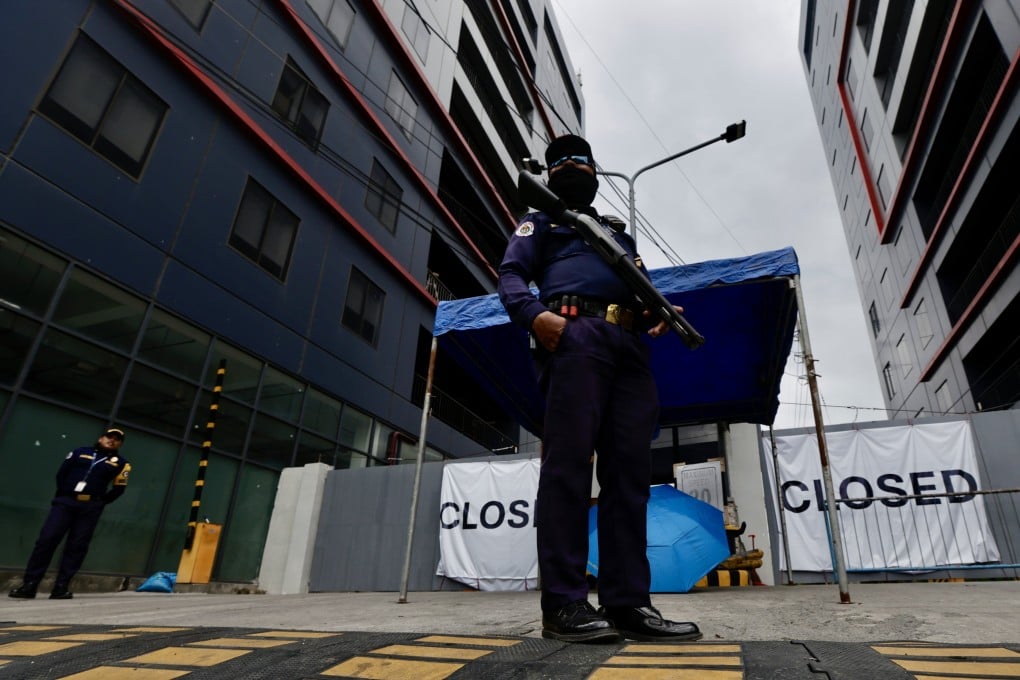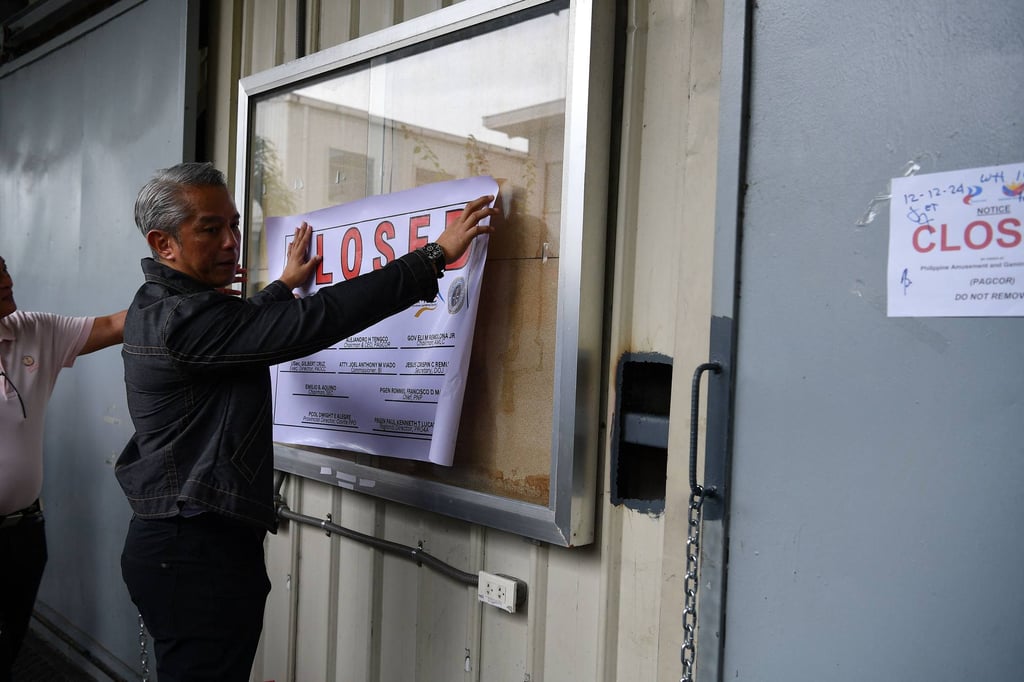In Philippines, fears over national security as Pogos could continue ‘in stealth mode’
Smaller breakaway networks could still ‘co-opt the country’s systems’ to continue underground and influence local politics, analysts warn

To avoid President Ferdinand Marcos Jnr’s ban on the industry, illicit Philippine offshore gaming operators (Pogos) are splintering into smaller “guerilla-style” networks, analysts warn, raising fears that they will continue to undermine national security and influence domestic politics.
Philippine officials have been scrambling to close remaining Pogo hubs since the president issued an order for the entire industry to be shut down by the end of 2024, prompting a flurry of raids across major cities and provinces.
Pogos are gaming firms that mainly cater to overseas Chinese clientele, but raids by local authorities have uncovered their numerous links to alleged transnational crimes including human trafficking and online scams, leading to Marcos Jnr calling for a ban on all Pogos in July.
Foreign Pogo workers were notified that their visas would be cancelled by the end of the year and were given the option to voluntarily downgrade to tourist visas or leave the country by December 31.

However, the Bureau of Immigration (BI) revealed on Friday that about 11,000 foreign Pogo workers did neither, meaning they remained in the country illegally.
